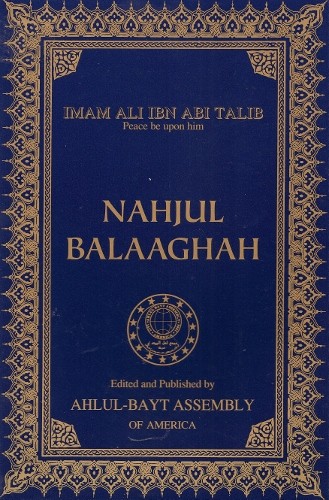 In a room full of professional people, where even the tea cup knew what it was meant to do, i sat utterly blank trying hard not to look stupid. It was the first day of my internship, and as luck would have it, my boss assigned me to go on a field trip with the assistant editor to report on the event.
In a room full of professional people, where even the tea cup knew what it was meant to do, i sat utterly blank trying hard not to look stupid. It was the first day of my internship, and as luck would have it, my boss assigned me to go on a field trip with the assistant editor to report on the event.
So dutifully i arrived at the building ready to gain some experience. I was seated next to some journalists from different news mediums like newspapers, television channels, etc, and already feeling intimidated I tried blending in. The workshop began. The moderator Mr. Shoaib Khalil, Marketing Lead of Microsoft Pakistan began outlining the importance of digital tools in journalism that help make transmission of news a much less complex process.
During the discussion the topic of blogging came up. Whether it is a useful platform in the transmission of news or a mere hindrance. While being a blogger myself I definitely leaned towards the good side, but some very valid points were presented in front of me that made me think, if not completely change my mind.
Blogging though very convenient is seen as a more personal ranting place rather than a forum for discussing hard news. Even though many bloggers do use it for that purpose, the private opinions and views and even biases the individual has, which have no place in a hard news, find their way through words in a blog. Also in a blog you can get away with almost anything. Whether your matter is verified or not, whether what you say is accurate, a blog can incorporate it all
But the fact remains, blogging is in today’s world the best medium to connect with others who share similar tastes and opinions.  The conversation then continued on to the different social networks which have now influenced almost more than half of the world, and their role in the transmission of news. While talking about Facebook in general, Mr Khalil said “if it were a country, Facebook would be the 3rd largest in the world with five hundred million users.â€
He was surprised to find Facebook disabled in most workplaces in Pakistan, saying that in other countries, Facebook is seen as a great medium to stay updated with the current happenings. His viewpoint was a little vague. The importance of Facebook is lost in Pakistan he said. We see it more as a place to ‘kill time’ while people in other countries use it as a social medium to broadcast news, a case in particular being the recent uprising in Egypt. I agree. Here in Pakistan, Facebook is just a site where people with similar interests, (and some not so much) add each other and stay connected. I myself use Facebook to ‘refresh’ my mind in between work.
After Khalil, a second presentation on Microsoft’s new cloud computing was given by Mr. Zafar ul Islam, the Enterprise Technology Strategist at Microsoft Pakistan. Ok here I will be bluntly honest. Though I am familiar with the concept of cloud computing, much of the presentation was lost on me. I understood some of the different terms he used  like SaaS, platform as a service, infrastructure, IT management, data centers, the rest was a little hazy. I tried very hard not to yawn. Once more I began to question my presence in the room.
After two long hours when the presentation concluded not a moment too soon, we were given a tour of the newly opened facility of Microsoft Pakistan in the Forum Building, followed by a hi tea. the sandwiches were really good but I could not enjoy them for long, as it was time for me to head back and file the report.



